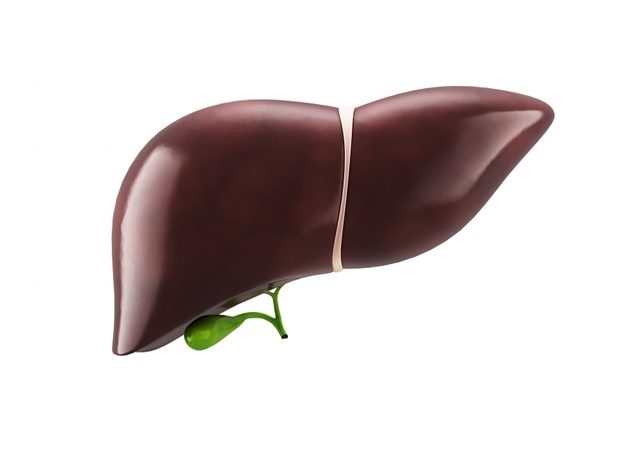Owlstone Medical, the global leader in Breath Biopsy® for applications in early disease detection and precision medicine, today announced the results of a patient study that successfully demonstrates the use of exhaled limonene as a breath biomarker to measure liver function and stage liver disease. The positive results validate Owlstone Medical’s EVOC Probe strategy for the development of breath-based diagnostic and prognostic tests for Nonalcoholic Fatty Liver Disease (NAFLD) and associated Nonalcoholic steatohepatitis (NASH). The results have been published in Clinical and Translational Gastroenterology.
In the study, exhaled breath from 32 cirrhosis patients and 12 cirrhotic hepatocellular-carcinoma patients was compared with 40 controls. Breath samples were analyzed by Owlstone Medical’s Breath Biopsy platform. The results (sensitivity of 73%, specificity of 77%) clearly demonstrated that limonene levels are associated with alterations in liver function. Limonene therefore holds great promise as a marker of liver metabolic capacity, particularly when considering that the study results reflected only normal dietary intake of limonene as a single biomarker rather than being deployed as an optimized EVOC Probe, which can be expected to yield far better performance.
Driven by the global epidemics of obesity and diabetes, NAFLD/NASH is becoming increasingly common with a worldwide prevalence estimated at 25% for NAFLD, and with many of these cases (1.5–6.45% global incidence) progressing to NASH. This is placing a significant and growing demand on healthcare systems globally. In the United States, estimated annual direct medical and societal costs for NASH and NAFLD amount to $292B per year and in Europe total approximately €235B per year. The key to preventing deaths and reducing the economic impact of liver disease is earlier detection and intervention. Unfortunately however, 75% of diagnoses occur at late stage due to a lack of suitable and specific diagnostic tools that can be deployed in a screening setting.
Owlstone Medical is currently developing non-invasive quantitative breath tests that will use EVOC Probes, including limonene, a GRAS (Generally Recognized as Safe) compound, along with inflammatory exhaled biomarkers, to measure liver enzyme activity and provide information on the health of the liver and for NAFLD/NASH diagnosis and prognosis. These tests will initially be offered in research settings including to pharma companies developing NAFLD/NASH drugs, with launch as clinical tests to follow.
Dr. Chris A. Mayhew, Professor of Molecular Physics, University of Birmingham, and Director of the Institute for Breath Research, at the University of Innsbruck, Austria, commented: “The results from this study, and its implications for liver disease diagnostics are very promising. When a probe with higher levels of limonene optimized for this application is used, along with other markers to measure liver function, the potential for this approach to non-invasively stage liver disease and to measure the progression or recovery from disease is excellent.”
Dr. Victoria Snowdon, Consultant, Transplant Hepatology, Cambridge University Hospitals noted: “The burden of liver disease is high and continues to grow, and so assessment of liver function is essential for determining prognosis and establishing effective treatment. The findings of this study suggest that a breath test could non-invasively help us determine liver function, helping to monitor patients with liver disease from an early stage and optimize treatment. We are pleased to have contributed to these findings through the PAN study and would like to thank all our patients at Addenbrooke’s who took part. Without their help we would be unable to develop new and improved ways of diagnosing and treating disease.”
This study represents a major milestone for Owlstone Medical, as it is the first proof of the value of our EVOC Probe approach for the development of breath tests in areas of high clinical need. Much like how PET scans work, this involves the introduction of a compound to the body that elicits a strong and clearly readable signal over background. We have identified a number of additional highly promising compounds that we are working to validate as EVOC Probes for liver disease and we believe our EVOC Probe approach can be applied to other disease areas, including lung cancer, where earlier and improved diagnosis is clearly needed to save lives.”
Billy Boyle, Co-founder and CEO, Owlstone Medical
The study operated as part of Owlstone Medical’s PAN study supported by funding from the Cancer Research UK for the CRUK Cambridge Centre Early Detection Programme and International Alliance for Cancer Early Detection. Patients were recruited from the clinical research facility at Cambridge University Hospitals or through the Cambridge BioResource. Cirrhotic hepatocellular-carcinoma patients had an established diagnosis prior to entry into the study.
Owlstone Medical
